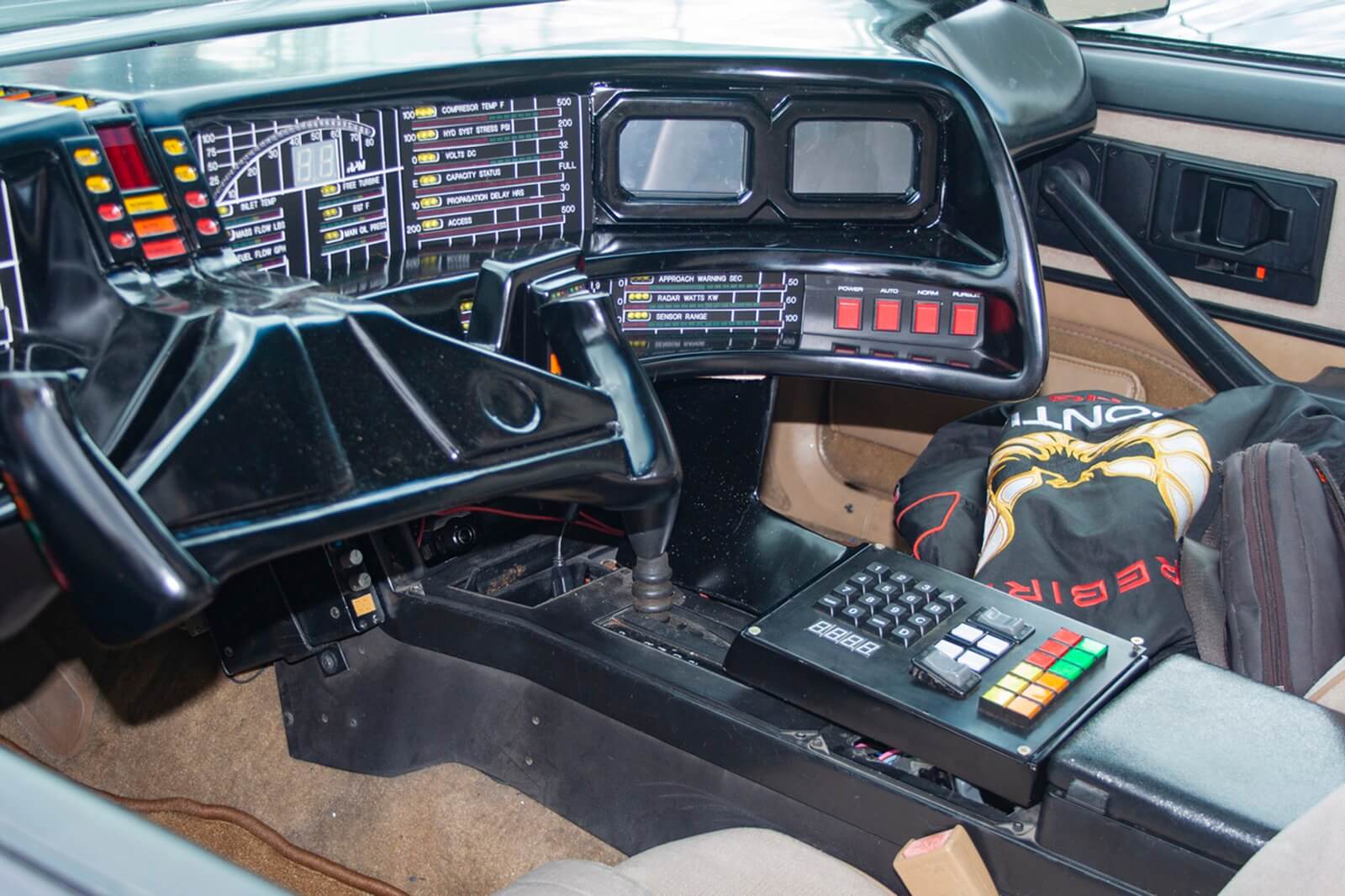Navigating EV Charging Challenges in Urban Living
The transition to owning an all-electric vehicle in an urban apartment setting poses significant challenges due to the scarcity of personal charging stations. Many residents, constrained by the availability of only public charging options, find this lack of accessibility a major hurdle. However, developments are underway as more residential complexes begin to equip themselves with dedicated EV charging stations, easing the reliance on external charging points.
Expansion of EV Charging Facilities in Residential Areas
It is estimated that 20% of American motorists reside in apartment complexes, where the adoption of electric vehicles has been notably slow due to inadequate charging infrastructure. Presently, only a small fraction of these living spaces, under 5%, are equipped with EV chargers, limiting the practicality of owning an electric vehicle. The growing demand for in-house charging solutions is prompting property managers to adopt these technologies to attract and retain environmentally conscious tenants.
Strategic Partnerships to Improve EV Infrastructure
Facing the complexities of installing and maintaining EV charging stations, several real estate companies are now partnering with firms like EnviroSpark, which specializes in the deployment of EV charging solutions across residential properties. These collaborations are proving instrumental in alleviating the cost and operational challenges associated with the adoption of such infrastructure, ensuring tenants have reliable access to charging facilities. This initiative is pivotal in smoothing the transition for residents towards sustainable transportation options, ultimately supporting broader environmental objectives and enhancing tenant convenience.
Enhanced Insights and Outlook on EV Adoption
Home Charging: Central to the EV Experience
Data from the Department of Energy reveals that the majority of electric vehicle owners, approximately 80%, prefer charging their cars at home due to the convenience it offers over public charging stations. The process of charging an electric vehicle at home, although time-consuming, provides a level of ease not attainable with traditional fueling methods. Expanding these home charging capabilities within apartment complexes is critical for the widespread adoption of electric vehicles.
Potential Impact on Electric Vehicle Adoption
The incorporation of comprehensive EV charging infrastructures in multi-unit dwellings marks a crucial advancement for the electric vehicle industry. This enhancement not only makes electric vehicles more appealing but also addresses significant barriers to adoption. As residential complexes continue to integrate these facilities, the landscape of urban electric vehicle ownership is expected to transform, fostering significant growth in the sector and supporting sustainable urban transportation.








